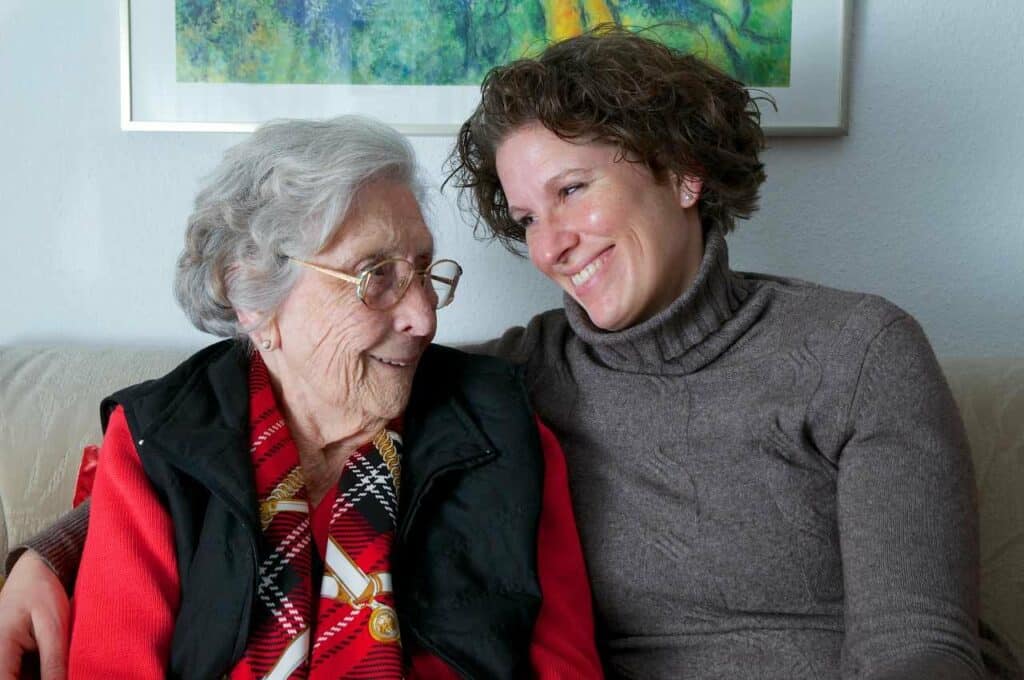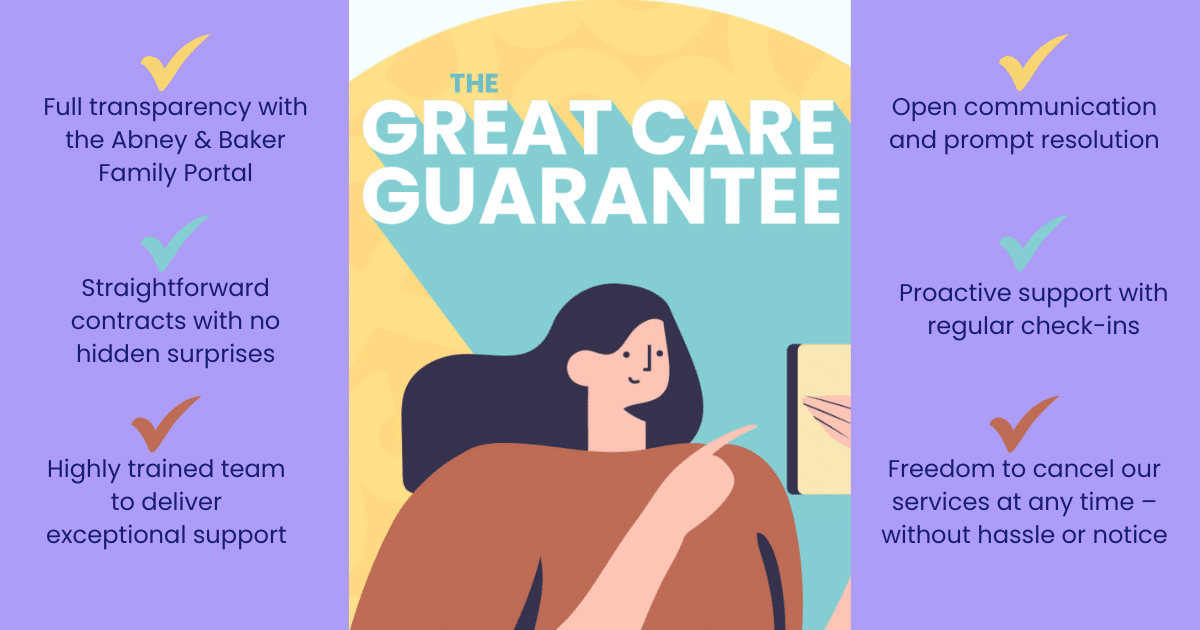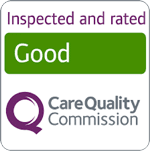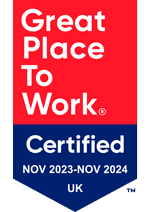There are many reasons for having accidents as your loved one ages. However, the most common and serious issue of them all is a fall..
Falls and mortality, morbidity, and reduced functionality have a direct correlation. They also occur with higher frequency in the elderly. Elderly people that have several co-occurring medical conditions have an increased risk of falls, and in turn in increased susceptibility to injury.
Some common risk factors for falls in people are ageing, medications, cognitive impairment and sensory deficits such as impairment in balance. These risk factors vary from individual to individual.
Fall-related injuries can be a threat to the health of your aged loved ones and it can hamper their independence and knock their confidence. However, falls should not become a common occurrence with age.
The good news is your loved one can reduce the chance of falling following the below proven ways to reduce the likelihood of falls.
Many older adults fear falling
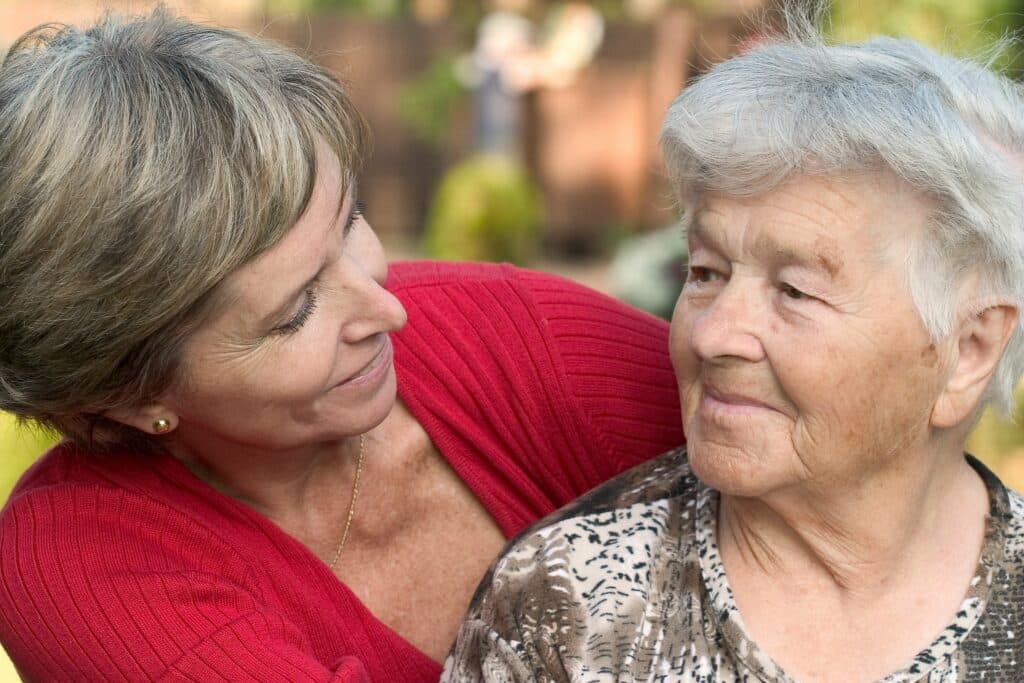
Most people develop a fear of falling as they age even if they haven’t fallen. It can make them anxious about simple activities such as walking, shopping, or taking part in social activities.
However, it is important to remain active and overcome this fear of falling. Encourage your loved one to maintain their physical health be keeping active, this will help prevent future falls.
Avoiding a fall
Falls get common as we get older, but chances of serious injury during falls are relatively low, but they can still leave your loved one feeling distressed and shaken.
The good news is that there are many ways to reduce the likelihood of falls, so your loved one can retain their independence and confidence while living in their own home.
Top fall prevention tips
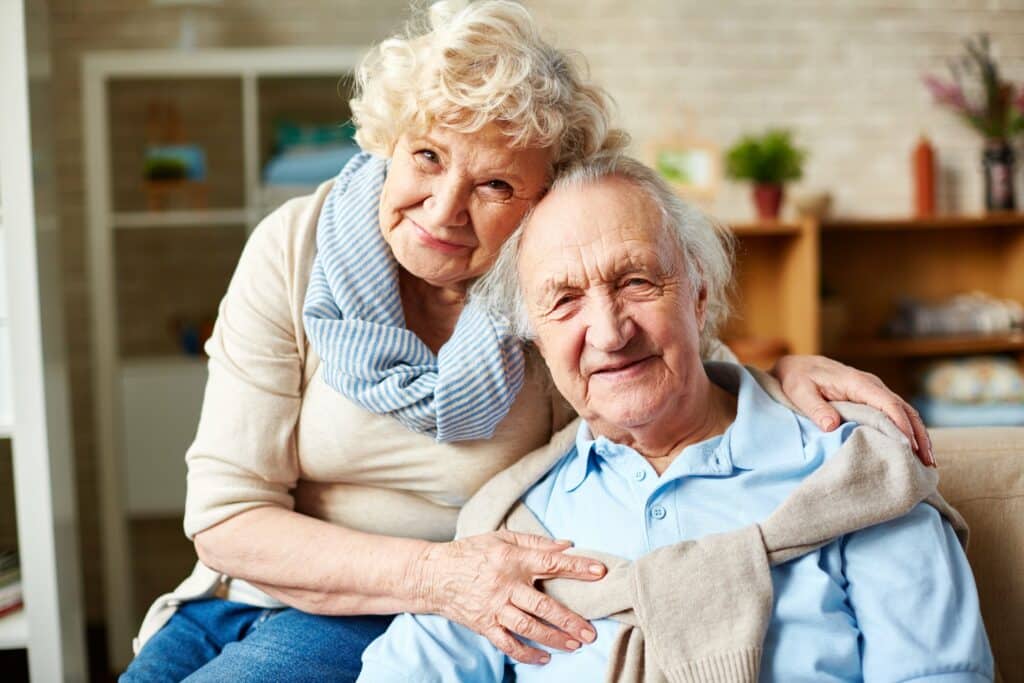
1. Stay active
With age, your loved one can start to lose muscle strength and balance. So staying active is important. Encourage them to do exercises that improve muscle strength and bone health.
2. Eat well
3. Keep hydrated
4. Take care of their eyes and ears
Ageing can weaken your loved one’s eyesight, which can lead to a trip or loss of balance. So it is important to get their eyes checked regularly. This can help detect eyesight issues early and prevent impairment in balance and coordination.
If your loved one experiences hearing issues, get them checked by a doctor. Ear problems can affect their balance, and early treatment can resolve any issues, such as ear wax or infection.
Combined sight and hearing problems can make it difficult to maintain balance. So, consult a doctor to address vision and hearing difficulties early. They will help your loved one mitigating the condition and make their daily life easier.
5. Manage their medicines
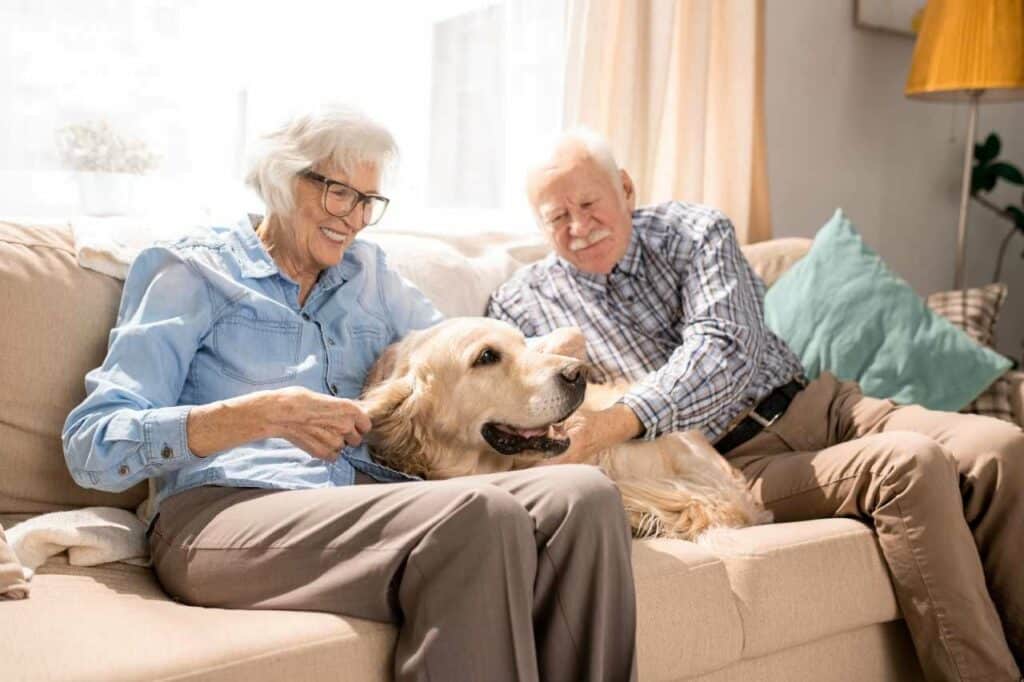
6. Support their bone health
Healthy bones can be achieved by eating calcium-rich foods and getting enough vitamin D from sunlight and exercise.
If your loved one is particularly weak or frail, they are more likely to suffer a broken bone if they fall. So stronger bones could make any fall much less serious.
7. Choose the right shoes
Having an abnormal gait, foot impression and wrong shoes can make your loved one lose balance and increase the risk of tripping. You should consult an expert doctor to have a physical examination and diagnose the issue.
Here are some tips to choose the right shoe:
- Get a shoe that fits correctly
- It should be well-cushioned and comfortable
- Avoid heels and sandals
- Wear gripping and fitted shoes that do not slide off
- Do not walk barefoot on hard surfaces
8. Make the home fall-proof
If your loved one regularly slips around their home its’s important to follow these tips to make their home fall-proof and prevent injury:
- Move any rugs and mats away from the bottom and top of the stairs because they are a trip hazard.
- Install a night light or have a torch to hand near the bed so they can turn it on when getting out of bed at night. You can also install motion-activated lights.
- Remove trip hazards like trailing wires, clutter and rugs. Also, try and avoid glass furniture, as it can be harder to see and may cause a stumble.
- Make sure walkways around the house, particularly around doorways, are clear.
What can you do if your loved one is worried about having a fall?

Your loved one may be worried about falling because they have had recurrent falls in the past, or just because they think it may happen as they’re getting older. This understandably can make the whole family concerned, particularly when they live alone.
Following the simple tips above will reduce the likelihood of falls and put your loved one’s mind at rest.
Domiciliary agencies such as Abney & Baker can provide Home Care Services to support your loved one whilst you’re not there. We can not only look out for potential hazards on our home help visits, but also support your loved one in building their confidence around the home. Having a regular friendly face check in on them is also hugely reassuring for you.
What should I do if they continue to have falls?
You should consult healthcare professionals to discuss geriatric care for fall and injury prevention.
Your doctor may perform a falls risk assessment, which will work out what’s making them more likely to fall. They can also draw up an action plan to reduce their risk of falling.
Contact Abney & Baker For Support with Fall Prevention.
At Abney & Baker, our home care services will provide your loved ones with the right care and support to reduce the likelihood of recurrent falls. Our carers are fully trained in manual handling, so can comfortably use hoists and other equipment your loved one may need.
We offer affordable pricing because it is our mission to provide the best care to the aged community of our nation. To learn more about our home care services in Melksham, UK click here.
If you do want to talk to us about the challenges you’re currently facing and how we may be able to support you and your loved one, then do give us a call or click below to book a call and we’ll give you a shout back.
Helping your loved one to continue living independently and confidently in their own home.
By providing a range of support at home, we’re helping many clients across Bath & North East Somerset and West Wiltshire retain their independence and stay in control in the comfort of their own homes.
Remember we’re always here if you want to chat about your care options. Just get in touch:
Call 0333 043 4880 – Email enquiries@abneyandbaker.com – Book a call here
